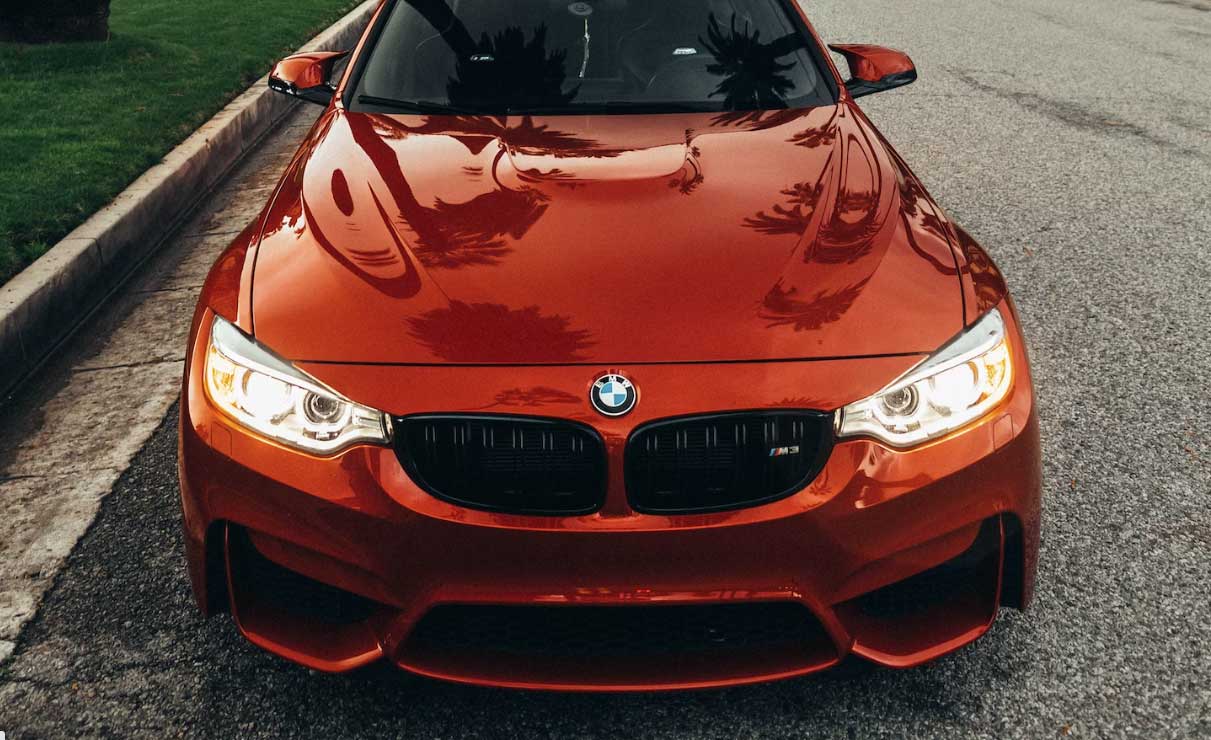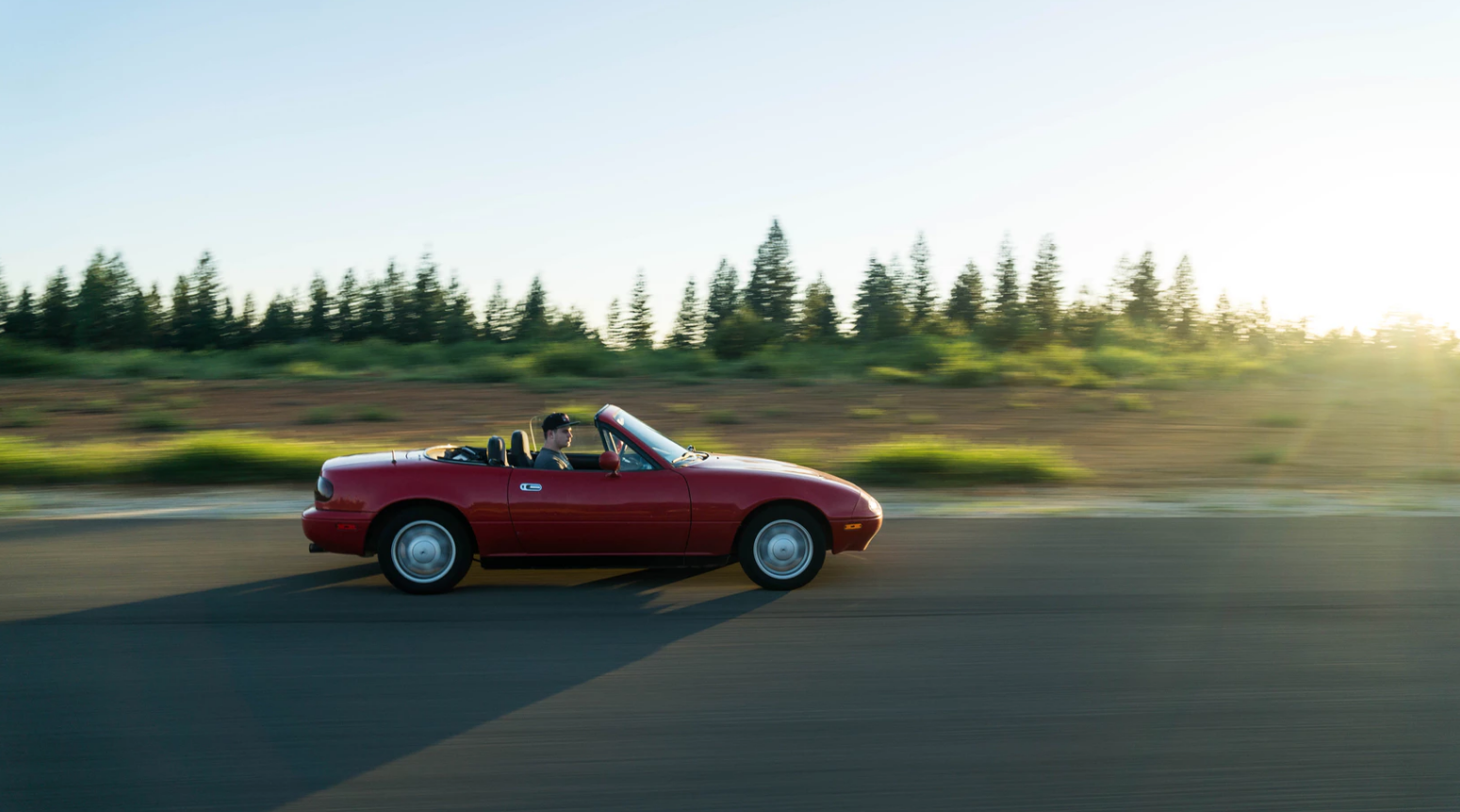What’s the Cost of Owning a Car? Here’s What You Need to Consider…
Thinking about buying a car?
Wand to make sure that you can afford it?
If you’re thinking about buying a car it’s important that you don’t rush into your decision. Not only do you need to think about the initial costs of buying a car, but there are many other costs that you’ll need to think about as well to make sure you’re staying within your budget.
Luckily, we’re here to help you out. Below we’ll tell you about the costs you’ll need to keep in mind when owning a car.
1. Car Payments
Car payments are the first cost you’ll need to think about when buying a new car. Unless you buy your car outright or you get a used vehicle you’ll have constant car payments that you’ll need to stay on top of each month.
You’ll want to think twice about getting a new vehicle in which you’ll have to pay payments for a long time, especially since the costs of a new car depreciate quickly. Be sure to consider the cost of car payments and the term length carefully before you make the decision to buy a brand new car.

2. Fuel Costs
One of the main costs you’ll need to think about when you own a car is the price of refilling your gas tank.
Gas costs can add up a lot and how much you spend will depend on how long your commute is and how often you drive your car. However, keep in mind that this will also vary based on the car you choose to buy.
It’s a good idea to consider the miles per gallon (MPG) when getting your vehicle. Getting a car with great fuel economy will help you ensure your ongoing costs are as low as possible once you have your vehicle.
3. Auto Insurance
When you own a car, you’ll also need to pay for car insurance as well.
Insurance will keep you protected in the case of an accident and is a legal requirement. You can get in a lot of trouble if you get into an accident but don’t have car insurance, so this is an ongoing cost you’ll need to be aware of.
Keep in mind that insurance costs vary a lot based on your driving record, the state you live in, and the car that you’re driving. When looking for car insurance, you’ll want to choose carefully to make sure you get the best deal and to ensure that you’ll be adequately covered.
4. Regular Maintenance
Any vehicle you own will also require regular maintenance as well. This will include getting a regular oil change and occasionally replacing small parts such as timing belts, oil filters, and spark plugs. Brakes and brake pads will also need to be repaired and replaced from time to time and tires will need to replaced or rotated regularly as well.
Part of owning a car is knowing that certain parts will wear out over time and you’ll need to replace them to keep your car in prime condition. Remember that regular maintenance will be essential for keeping your car in great shape, so make sure that you have money set aside to spend on maintenance from time to time.
5. Unexpected Repairs
In addition to regular maintenance, you should also expect the unexpected when you have a car. Breakdowns and unexpected problems will happen eventually, even if you buy a brand new vehicle.
While a factory warranty will cover a new car for some time, usually 36,000 miles or 3 years, eventually you’ll need to deal with repair costs on your own. Especially once your car gets on in years, problems will occur. Because of this, you need to always have a bit of money set aside for these unexpected issues or purchase an extended warranty.
Additionally, you may also have to handle repairs due to a car accident at some point. This can potentially be costly as well. If you get involved in a car accident, you’ll want to make sure that you hire a great car accident attorney who will stay by your side.
6. Registration Fees, Taxes and Other Costs
Other small fees are also necessary to deal with when buying a car as well. This may include registration fees and taxes, for example. There may be other small fees that you may face as well depending on the state or city you live in and other factors.
Additionally, you may have parking costs as well, particularly if you live in the city. The cost for a monthly parking space or for daily costs can definitely add up, so you’ll want to think about this before buying your vehicle.
7. Depreciation Considerations
In addition to the costs listed above, it’s also important to think about the quick depreciation that comes along with the cost of buying a new car.
New cars lose their value as soon as you drive them off the lot and will depreciate by typically at least 20% after 12 months. This means that if you decide to sell it you’ll lose money even if you’ve had it a very short time. A used car, on the other hand, won’t change in value nearly as quickly.
It’s important to keep this depreciation in mind if you have your eyes set on getting a new car instead of a used one. By understanding depreciation, you’ll be more aware of exactly what you’re spending your budget on.
Having Clear Expectations For Owning a Car
The costs above are some of the main costs you need to think about when deciding whether to buy a car. By considering each of the costs above carefully, you’ll have a much clearer idea of what you can expect from owning a car and won’t be unpleasantly surprised later on.
Be sure that you plan your personal budget carefully and do your due diligence to determine what your exact costs will be based on the car you’re planning on purchasing.





One thought on “What’s the Cost of Owning a Car? Here’s What You Need to Consider…”